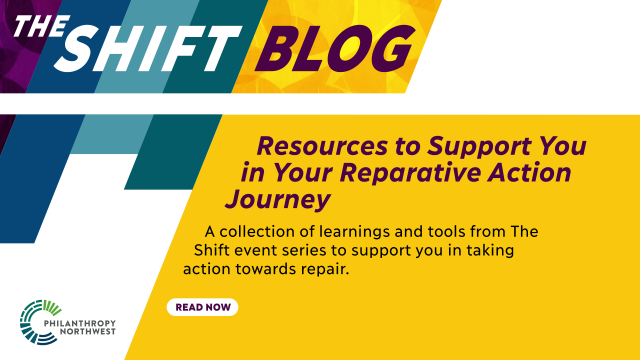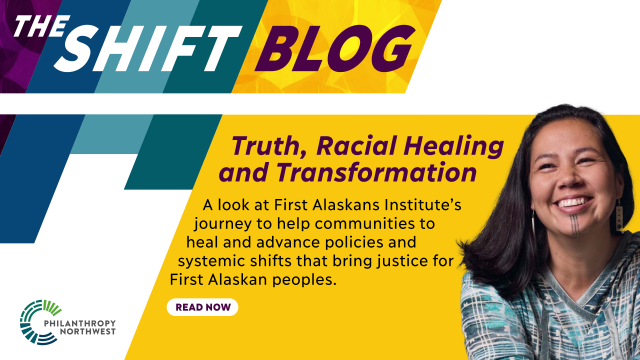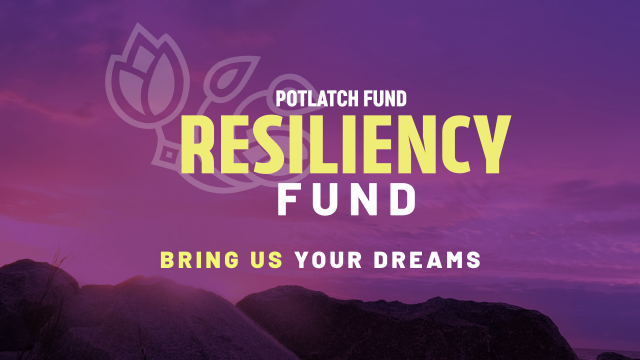#GenIndigenous Regional Convenings, in partnership with Native Americans in Philanthropy (NAP) and My Brother's Keeper, give philanthropy the opportunity to engage with innovative and culturally appropriate approaches to improve lives and opportunities for Native youth.
The Generation Indigenous initiative was first launched by the Obama administration in 2014 to focus on improving the lives of Native youth by removing the barriers that stand between Native youth and their opportunity to succeed. It called upon the philanthropic community to take action to elevate key issues and to address the pressing needs of Native youth with culturally comprehensive approaches to ensure all Native youth reach their full potential. In recognizing the need to bridge funders and youth organizers, NAP has continued the #GenIndigenous work through webinars, Regional Convenings and the #GenIndigenous Response Fund.
April 28: Northwest Regional Convening
Following the momentum from the Standing Rock movement as a Ferguson-like moment for the Native American community, NAP has encouraged Native youth to draw on their Indigenous cultures, experiences and worldview as tools for social change.
"Native Americans are often marginalized or excluded, even in 'woke' circles and spaces, so we center our movement work around Native youth leaders, their issues and priorities, so efforts are truly inclusive and intersectional," said Sarah Eagle Heart, Native Americans in Philanthropy CEO. "We are weaving the important work of Generation Indigenous, My Brother's Keeper, men and boys of color, and women and girls of color together so these equity platforms can reflect all of our communities for the long term."
We welcome funders committed to communities in Alaska, Idaho, Montana, Oregon, Washington and Wyoming to join us at the Northwest Regional Convening, April 28 at Seattle Foundation. Together, we will learn more from grassroots nonprofits who have had success in tackling gaps and disparities by building on community assets. Each nonprofit or tribal program selected shows direct impact on Native youth with regard to traditional knowledge, well-being and resilience, advocacy, workforce development, environment, health, juvenile justice and leadership development.
Jennifer Fairbanks is a communications specialist for Native Americans in Philanthropy.


